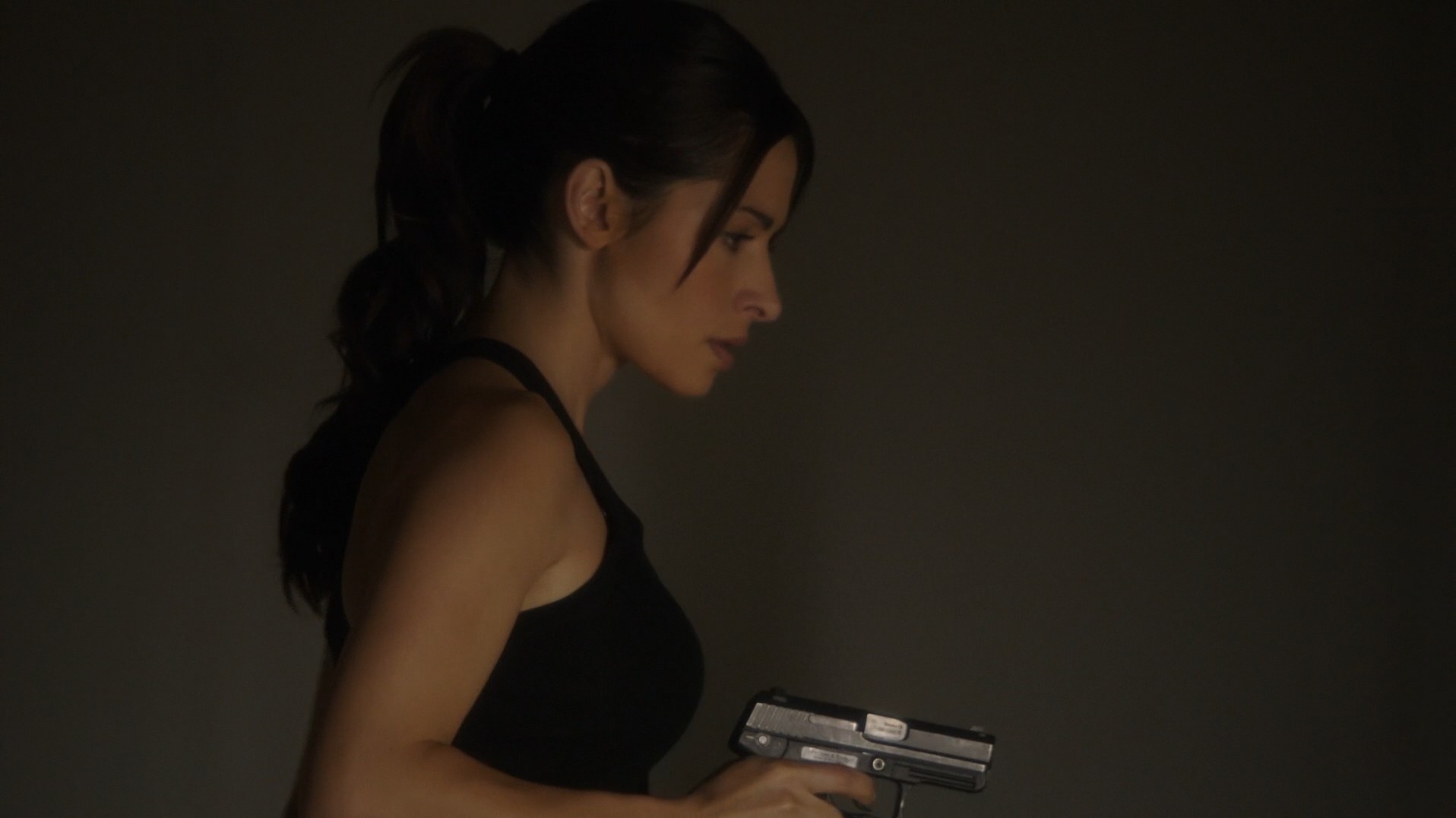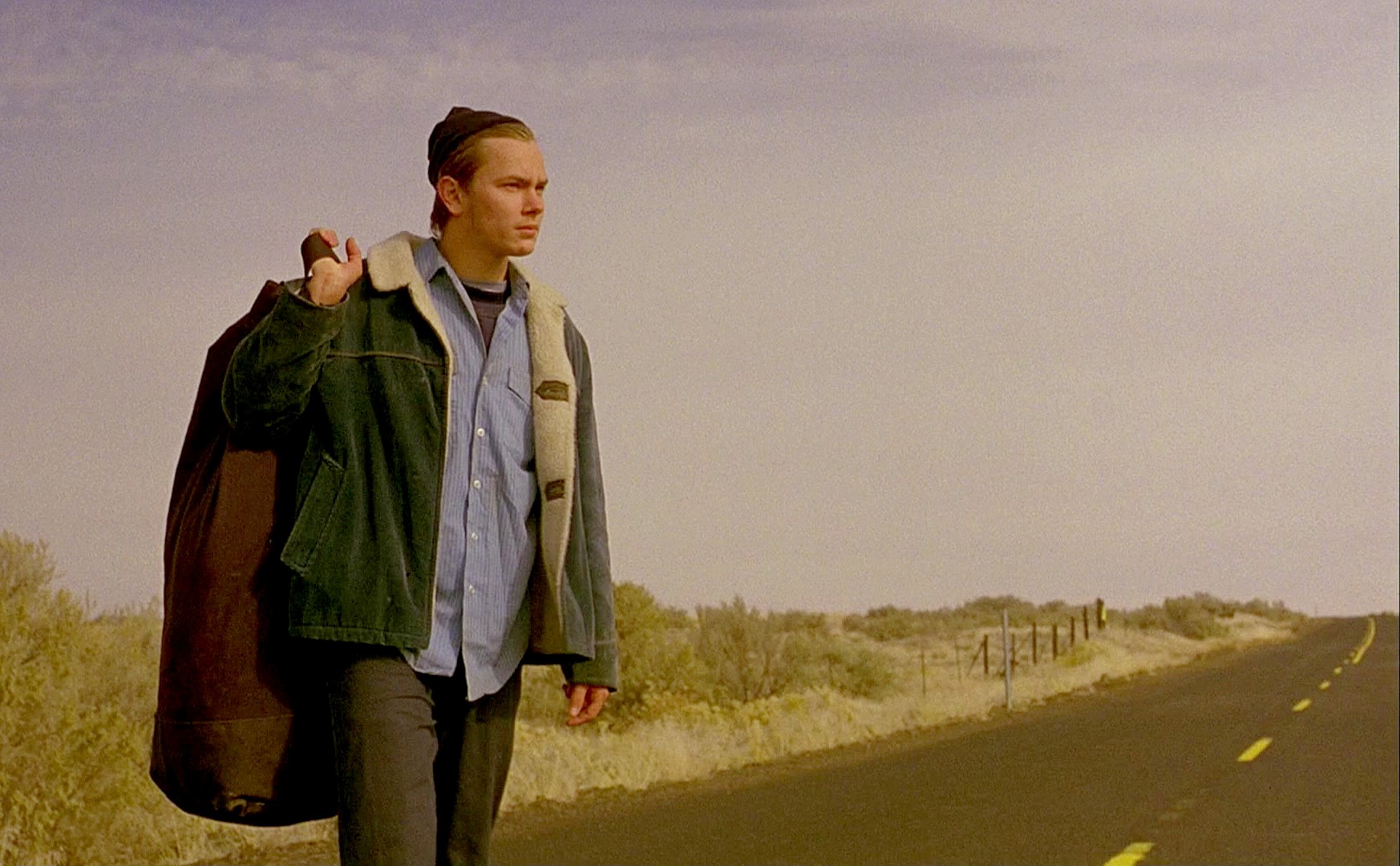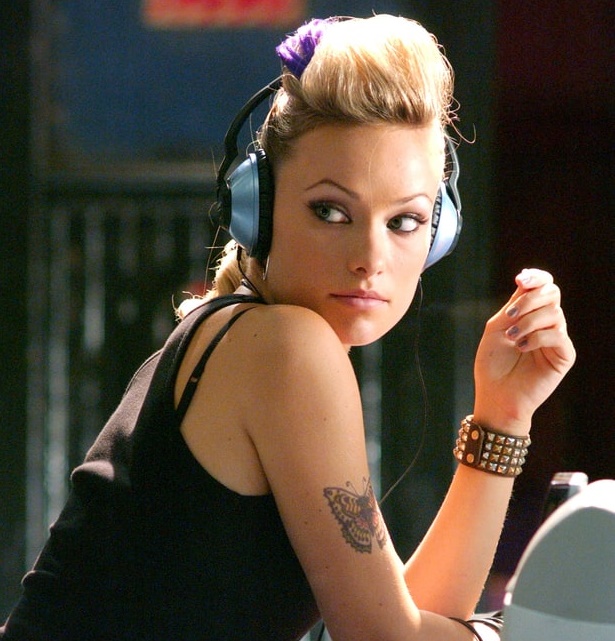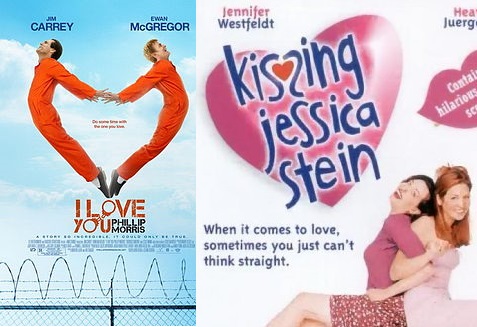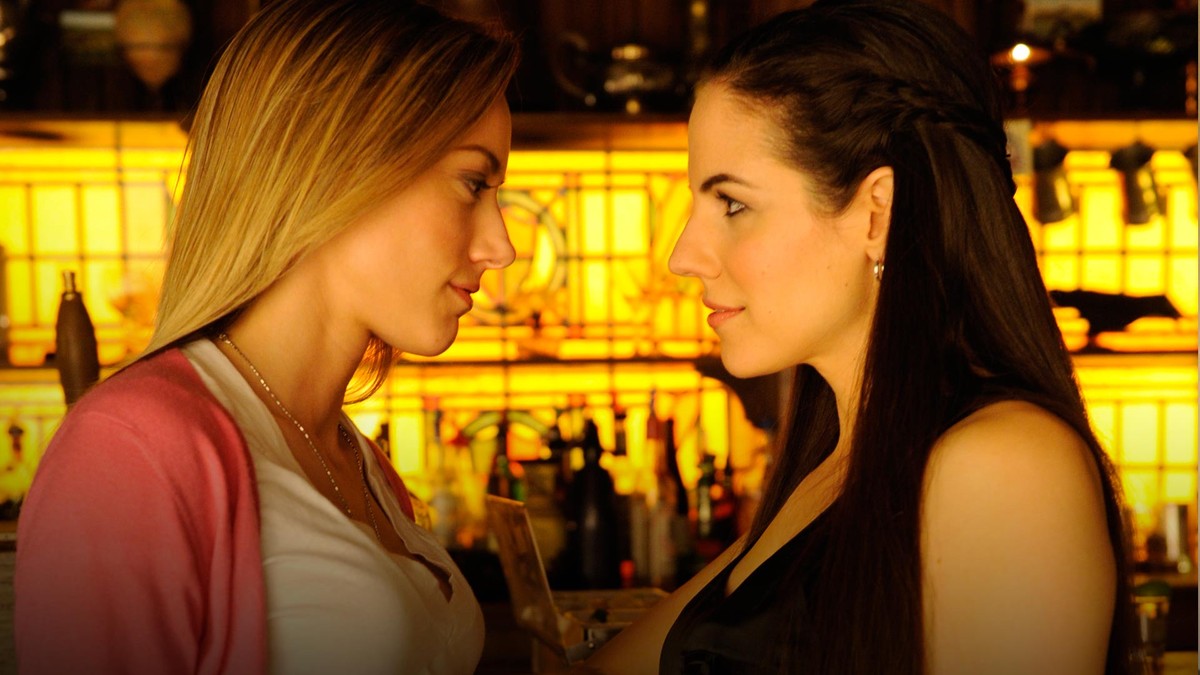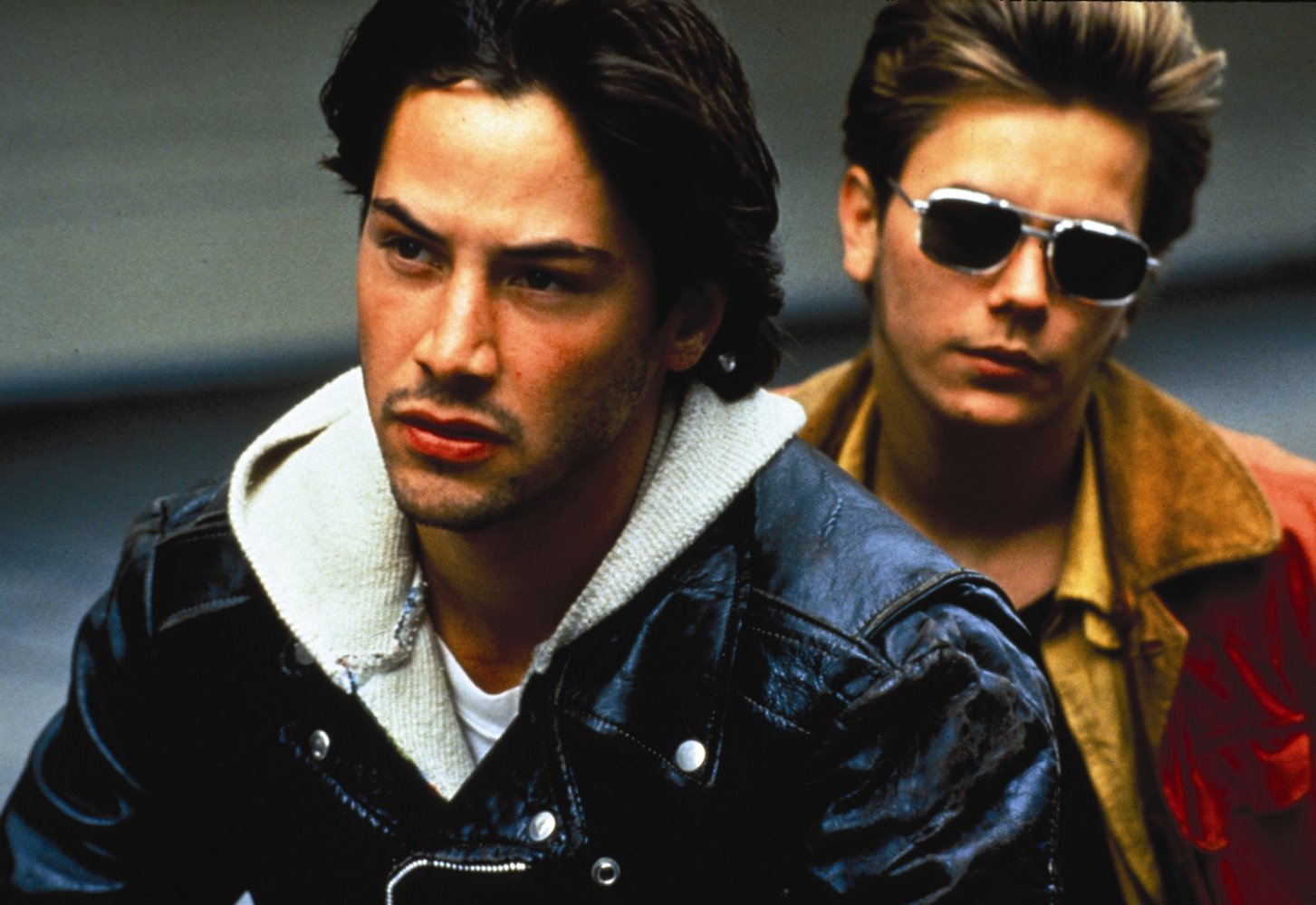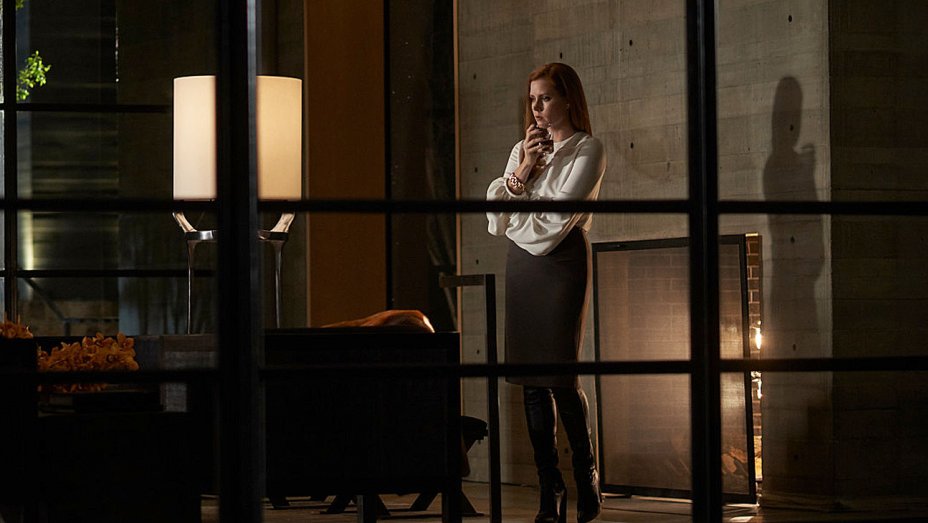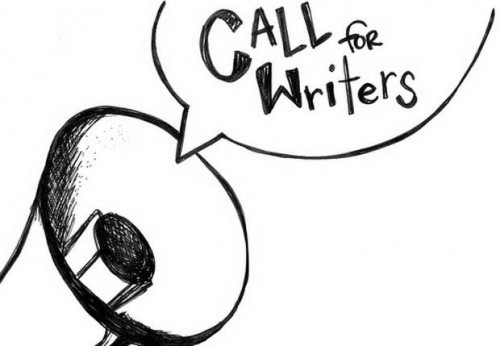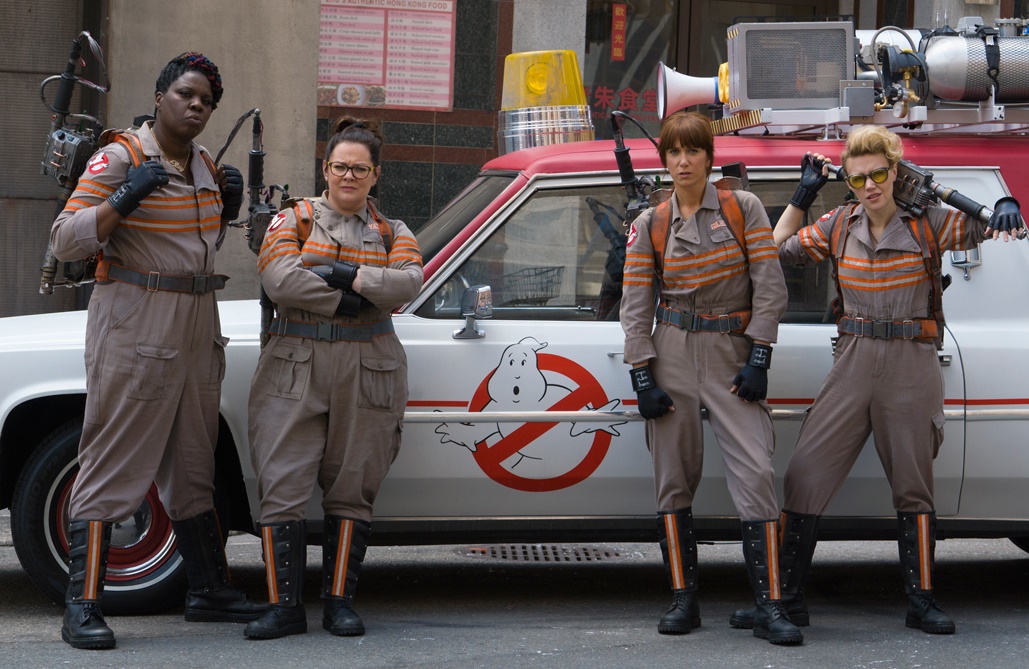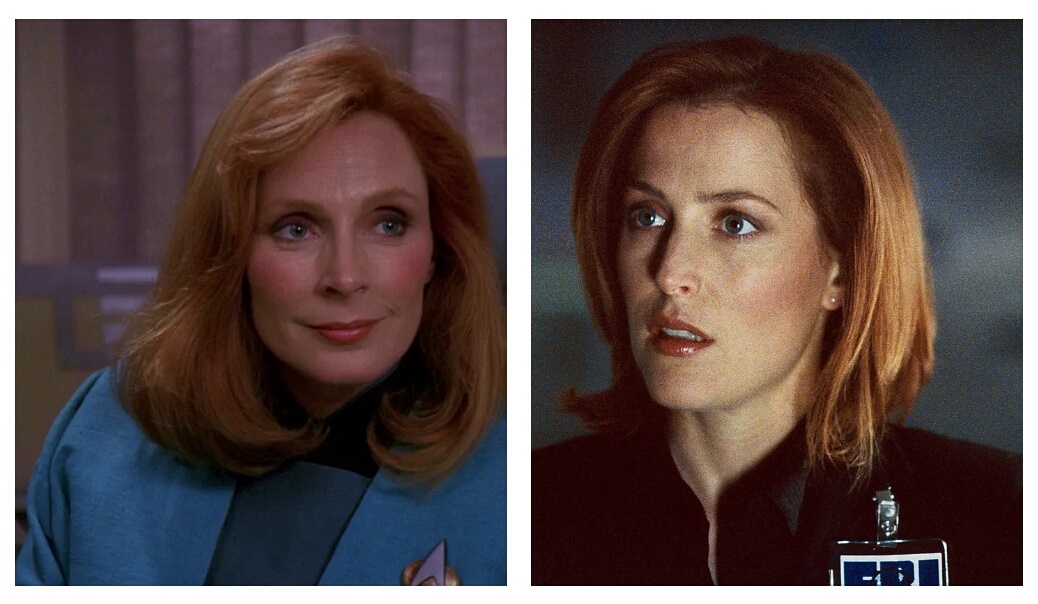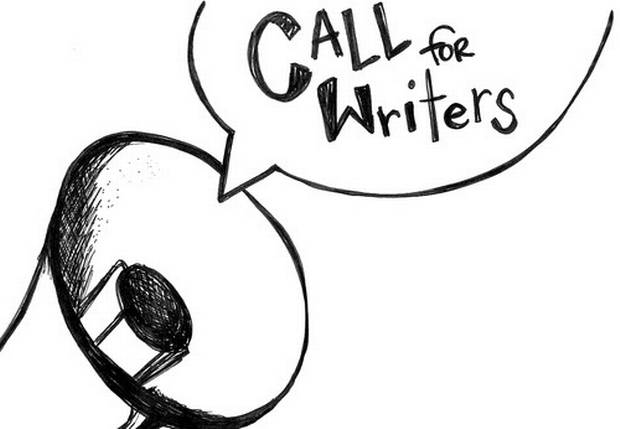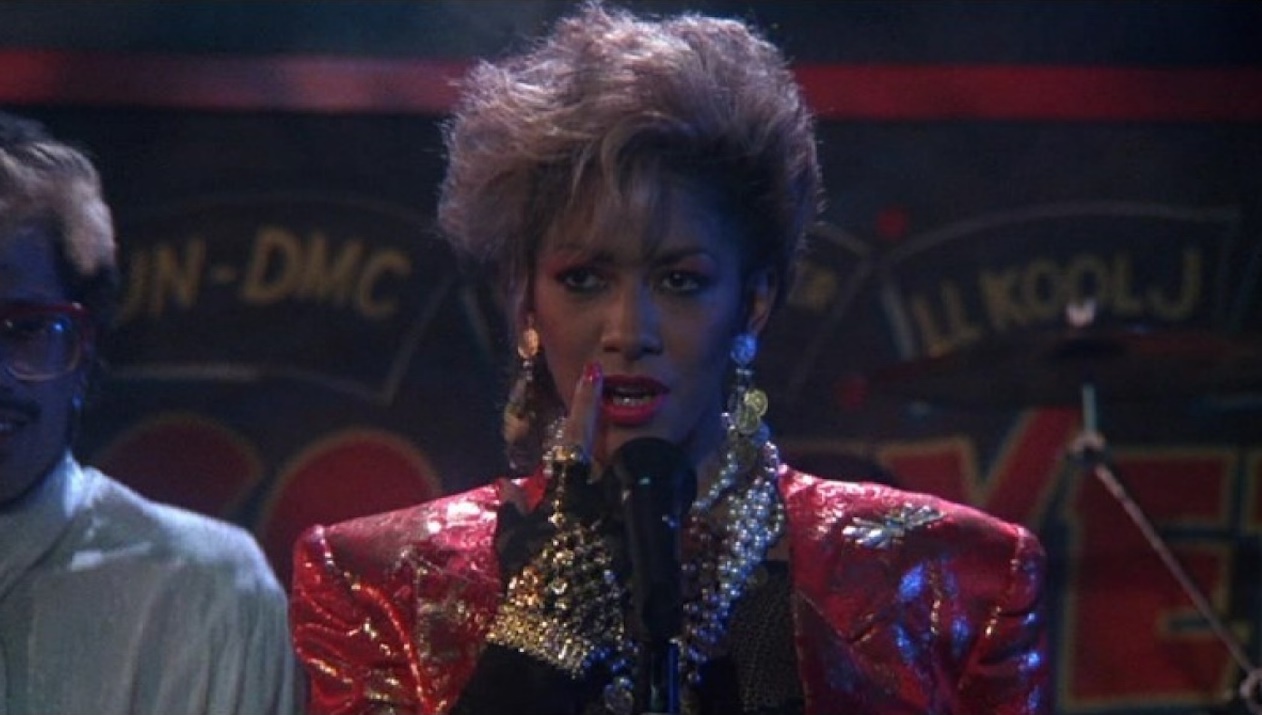‘Person of Interest’s Sameen Shaw Stamps Her Place in TV’s Bisexual Landscape
She is a victor, a fighter, and a survivor. Shaw is a queer, neurodivergent, woman of color, and she was allowed to be all of these things without ever being judged or punished for them. Though ‘Person of Interest’ never used the label, and Shaw herself is not likely to ever use such labels, she is unmistakably a bisexual character, and her status as such is treated by the narrative with matter-of-factness, but also with respect and compassion.
